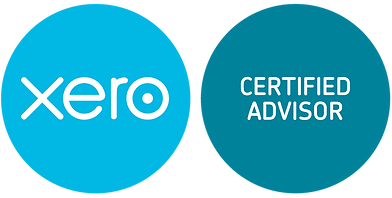Capital gains tax can be a significant consideration for business owners who are approaching retirement age and planning to sell their business. If you are in this position, it is essential to understand the capital gains tax implications of selling your business and how you can minimize the amount you owe to HMRC.
What is capital gains tax?
Capital gains tax is a tax on the profit you make when you sell an asset that has increased in value since you acquired it. For business owners, this typically means the sale of their business or a portion of it. The amount of capital gains tax you pay will depend on several factors, including the amount of profit you make, the length of time you have owned the asset, and your tax status.
How does capital gains tax apply to the sale of a business?
If you sell your business, you will likely be liable for capital gains tax on any profit you make from the sale. The tax is calculated by deducting the cost of acquiring and improving the business from the sale price, then applying the relevant tax rate to the resulting profit.
For example, if you purchased a business for £500,000 and sold it for £1 million after 10 years, you would have a capital gain of £500,000. If you are a higher-rate taxpayer, you would be liable for capital gains tax at a rate of 20%, meaning you would owe £100,000 in tax.
How can you reduce your capital gains tax liability?
There are several ways you can reduce your capital gains tax liability when selling your business:
-
Claim entrepreneur’s relief – If you are a sole trader or own shares in a qualifying trading company, you may be able to claim entrepreneur’s relief. This allows you to pay a reduced rate of capital gains tax of 10% on the first £1 million of qualifying gains.
-
Use your annual capital gains tax allowance – Everyone is entitled to an annual capital gains tax allowance, which is £12,300 for the 2022/23 tax year, and is reducing to £6,000 from 6th April 2023. If you can split the sale of your business over two or more tax years, you can use your annual allowance to reduce your tax liability.
-
Time your sale strategically – By timing your sale strategically, you can take advantage of changes in the tax rules or your own personal circumstances. For example, you may be able to reduce your tax liability by selling your business after you have retired and your income has dropped.
-
Consider gifting your business – If you gift your business to your children or other family members, you can potentially reduce your tax liability. However, this strategy can be complex and should be approached with caution.
-
Seek professional advice – Capital gains tax can be a complex area, and it is crucial to seek professional advice to ensure you understand your obligations and are taking advantage of any available tax reliefs.
In conclusion, if you are a business owner approaching retirement age and planning to sell your business, it is essential to understand the capital gains tax implications and how you can minimize your tax liability. By taking advantage of available tax reliefs and seeking professional advice, you can reduce the amount of tax you owe and maximize your retirement income.


